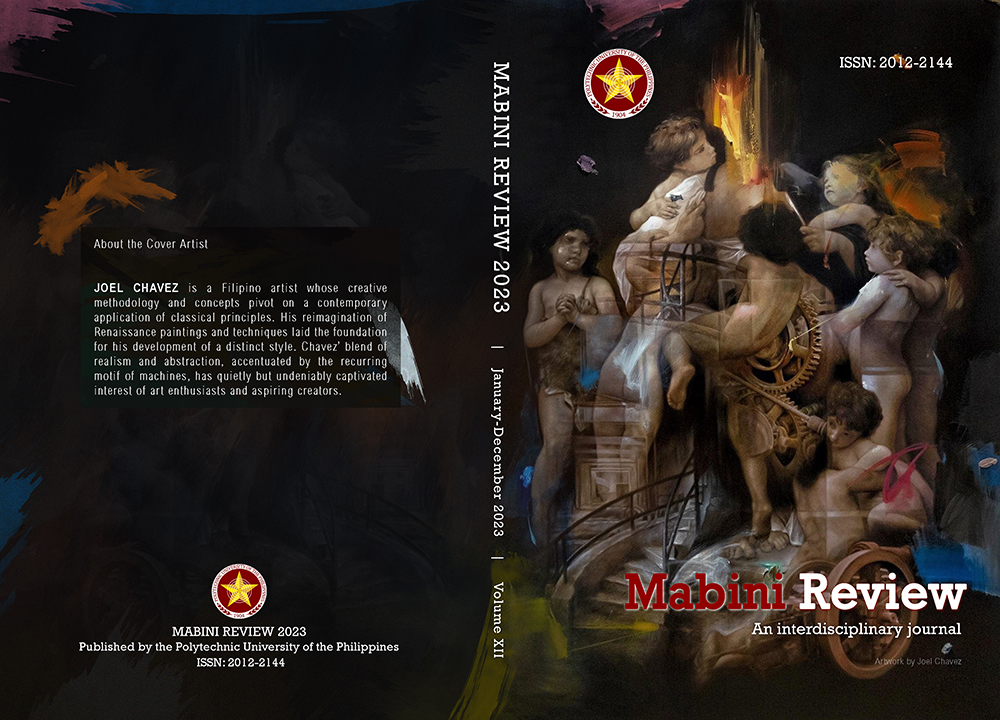Deleuze’s Nietzsche: Life, Critique, and Difference
DOI:
https://doi.org/10.70922/c68eet05Keywords:
becoming, difference, eternal return genealogy, the will to powerAbstract
In this article, I re-visit and navigate Nietzsche’s concepts of genealogy, will to power, and the eternal return through the lens of Gilles Deleuze’s philosophy. Nietzschean philosophy occupies a significant part in the preliminary blueprints of Deleuze’s philosophy of difference, which relatively encompasses even his collaborative scholarship with Guattari. Hence, this research likewise diagrams some critical affinities between Nietzsche and Deleuze, in conjunction with other contemporary thinkers and issues. My disquisition of the aphorism as a philosophical style and genealogy grounds my engagement with the principles of will to power and the eternal return. Through the evaluative aptitude of the will to power and the differential and ethical powers of the eternal return, genealogy transforms into a philosophical device of critique, diagnosis, and creation. Genealogy criticizes and undermines all dogmatic images of thought; it diagnoses values, forces, and relations; and, it engenders new modes of thinking and living, or what Deleuze and Guattari would later call the world-to- come.
Downloads
References
Published
Issue
Section
License
Copyright (c) 2023 Dr. Raniel S.M. Reyes (Author)

This work is licensed under a Creative Commons Attribution-NonCommercial 4.0 International License.
Articles published in the MABINI REVIEW will be Open-Access articles distributed under the terms and conditions of the Creative Commons Attribution-Noncommercial 4.0 International (CC BY-NC 4.0). This allows for immediate free access to the work and permits any user to read, download, copy, distribute, print, search, or link to the full texts of articles, crawl them for indexing, pass them as data to software, or use them for any other lawful purpose.


